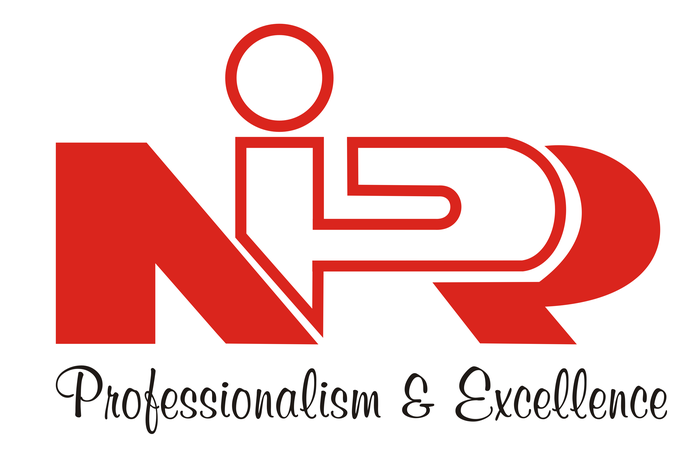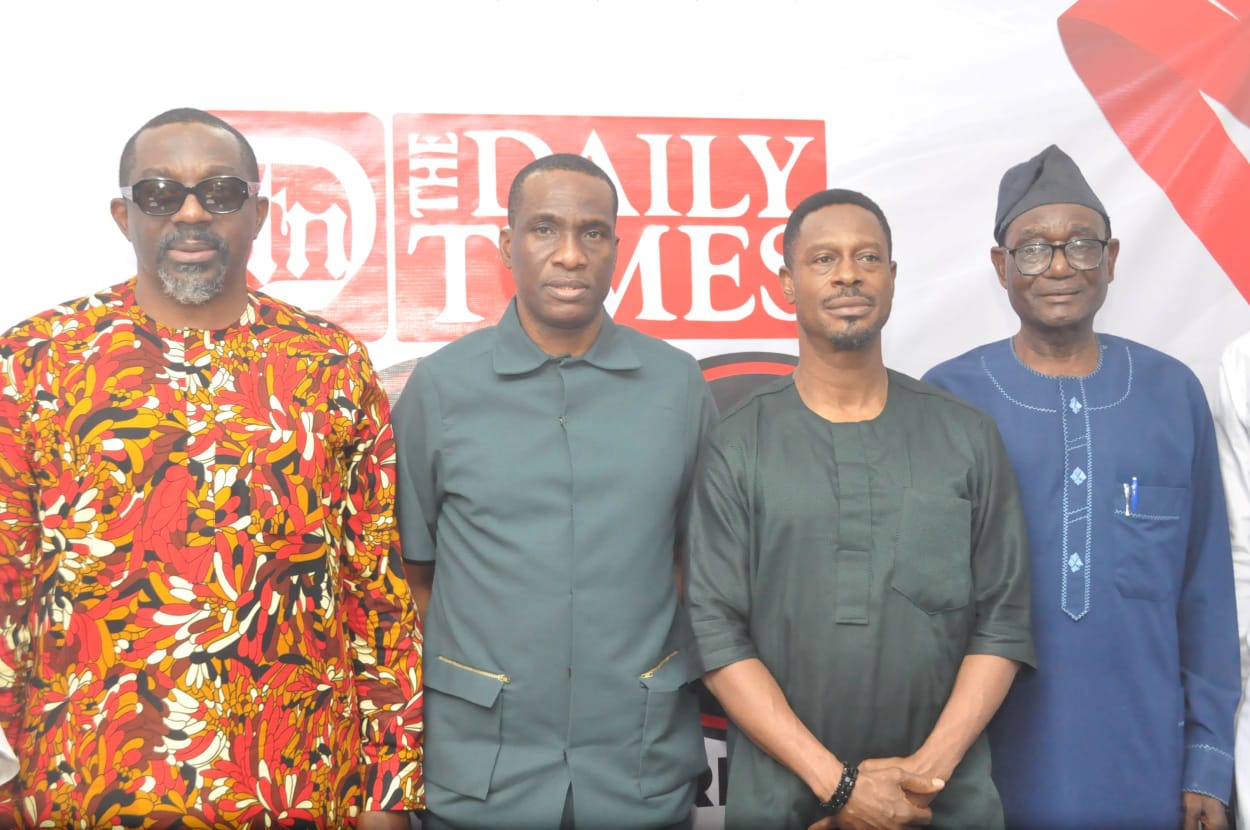Nigeria and South African media professionals have been urged to reject negative narratives and instead embrace innovation, media diplomacy and stronger cross-border collaboration to advance the African Union’s Agenda 2063 and the African Continental Free Trade Area (AfCFTA).
According to experts, using media strategically to shape narratives, influence public opinion and advance diplomatic objectives has become a powerful tool in strengthening Africa’s global influence, while fostering responsible communication in an era of rapid technological change.
The call was made yesterday at the two-day MTN Media Innovation Summit, held at the Johannesburg Business School (JBS), University of Johannesburg (UJ), with the theme: ‘Harnessing the Potential of Media Diplomacy in Africa’.
The summit is also part of the South Africa study visit component of the Media Innovation Programme (MIP4), hosted yearly by Pan-Atlantic University (PAU) in Nigeria and further coincides with the 20th anniversary celebrations of UJ.
Speaking, the Head of School of Communication, University of Johannesburg, Prof. Rene Benecke, emphasised the responsibility of journalists, communicators, and academics to frame Africa’s narrative in ways that inspire hope and reflect the continent’s diversity.
Citing Nigerian author Chimamanda Ngozi Adichie’s warning on “the danger of a single story,” Benecke urged media practitioners to reject the portrayal of Africa as a continent defined only by war, poverty and corruption, saying: “Our role is to tell the fuller, richer stories of the continent.”
Benecke also introduced delegates to the concept of the “BANI world” (brittle, anxious, non-linear, and incomprehensible), describing the uncertainties shaping global communication.
She challenged delegates to adopt creative problem-solving, adaptive thinking, responsible communication and multidisciplinary collaboration in an era dominated by artificial intelligence and algorithmic biases.
In her welcome remarks, the Executive Dean, Faculty of Humanities, University of Johannesburg, Prof. Kammila Naidoo, stressed the importance of international collaboration in building capacity and advancing research in African media.
Naidoo described the summit as a platform for examining how both traditional and digital media can strengthen African agency in global affairs, foster regional cooperation, promote media diplomacy and counter threats of misinformation and online polarisation.
She said these interactions allow media professionals in Nigeria and South Africa to co-create and build exciting new projects that place the continent at the helm of strategic media thinking.
Naidoo said at a time when South Africa prepares for the G20 Leaders’ Summit in November, this is clearly an important moment to shape and position an African agenda, showcase its strengths, and impact international discourse.
Adding a Nigerian perspective, the Director of Professional Education at Pan-Atlantic University’s School of Media and Communication, Prof. Isaac Ezechukwu, described the MTN MIP as one of Africa’s most transformative media education initiatives, which equips professionals with the skills to reposition the industry as a driver of national development.
Ezechukwu called for increased investment in media education from governments, corporate partners and educational institutions, noting that such support strengthens the media’s vital role as an infrastructure for national growth and development as well as deepening public trust.
On his part, the Senior Manager for External Relations at MTN Nigeria, Funso Aina, emphasised the company’s role in building capacity for the media professionals as one of society’s most critical watchdogs, beyond just the business of data and voice calls.
He stressed the unique challenges faced by African journalists, including unstable incomes and limited training opportunities, which often hinder professional growth.
Aina said the MIP initiative has grown in scope and now includes collaborations with the University of Johannesburg, which reflects the importance of strengthening Nigeria-South Africa ties, fostering continental connections, cross-border understanding, and collaborative storytelling among media professionals.
Aina, however, described Nigeria and South Africa as “the two economic powerhouses of the continent, noting that if both countries get it right, the entire continent gets it right.






